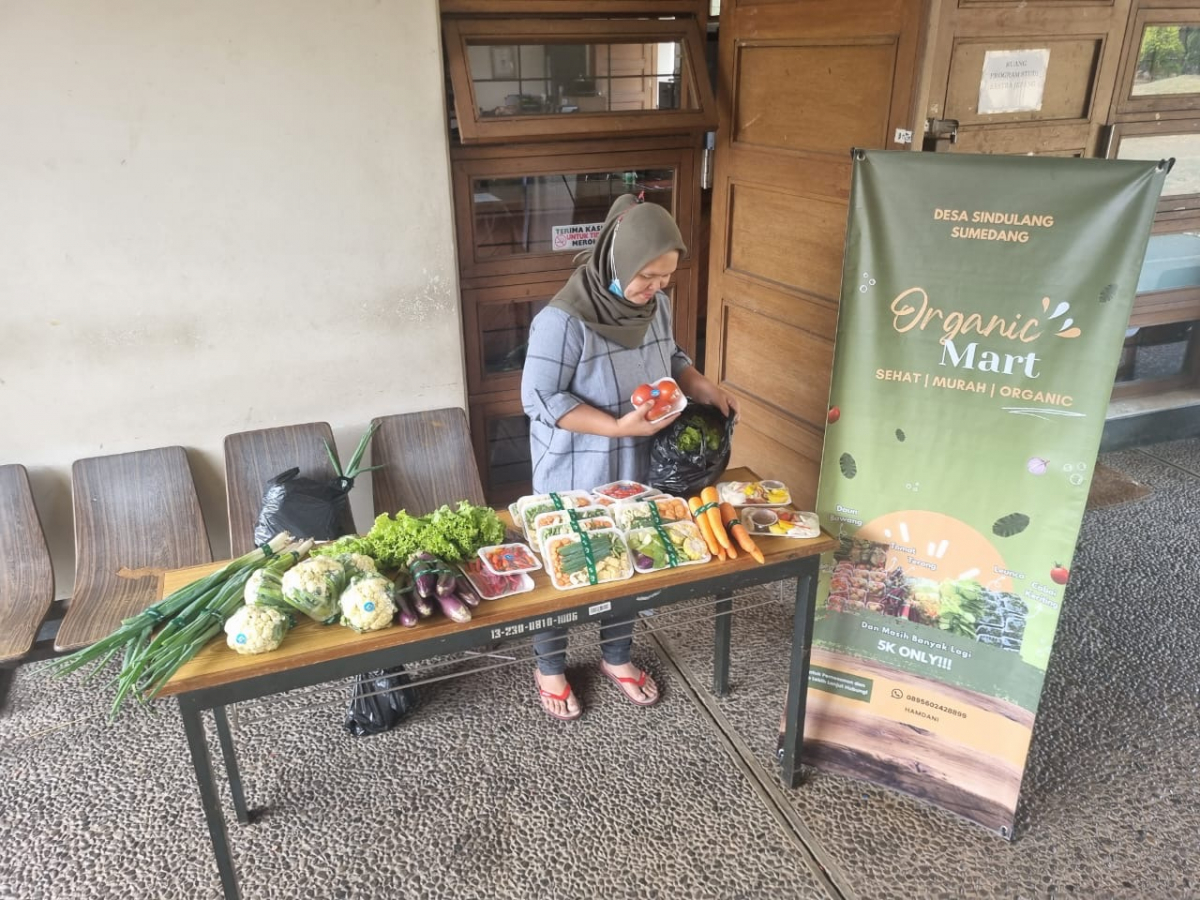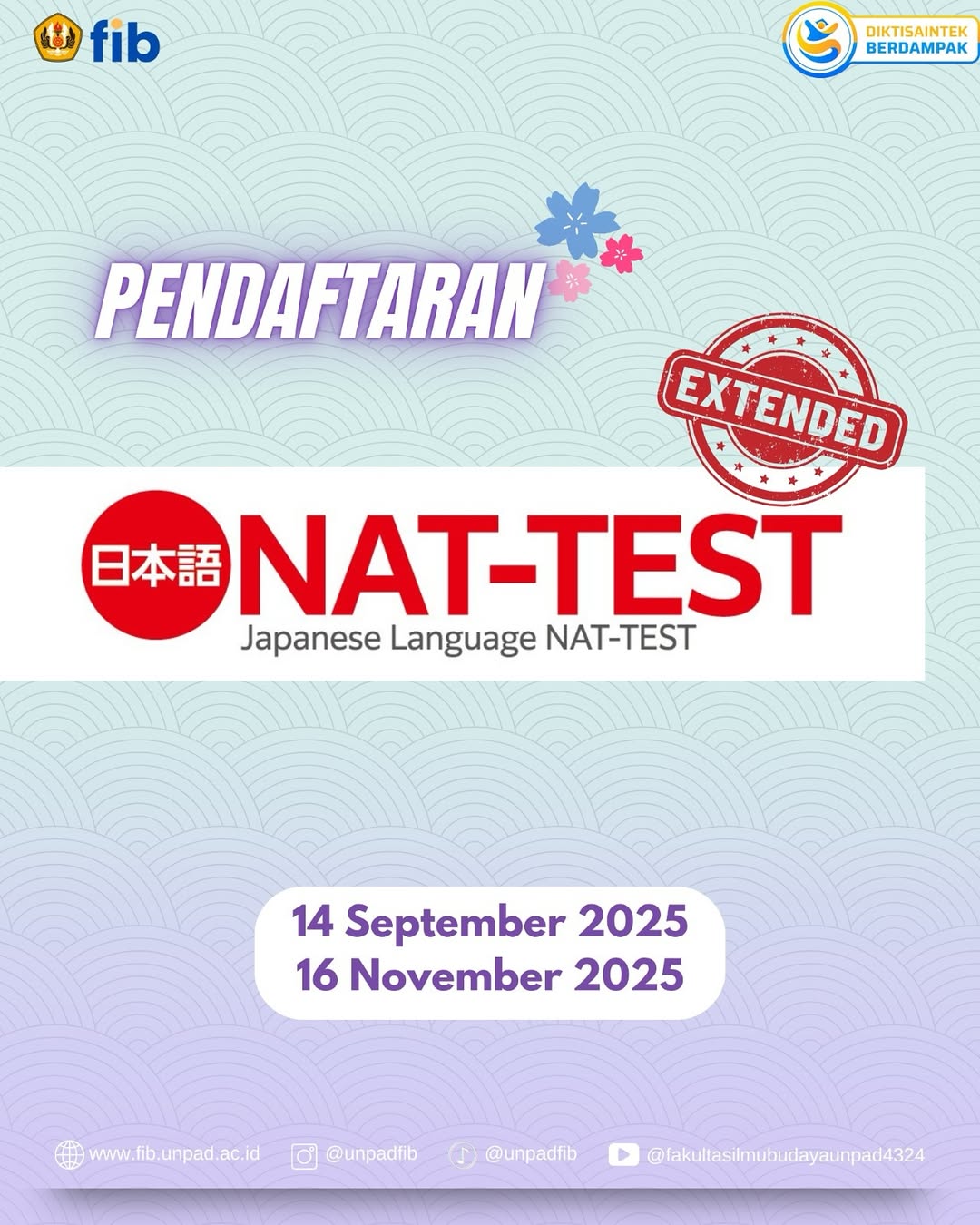FIB Unpad Students Advance SDG 8 Through KKN-PPM: From Coffee to the Creative Economy
Students from the Faculty of Cultural Studies (FIB) at Universitas Padjadjaran once again demonstrate that the knowledge they gain in the classroom can directly benefit society. Through the 2025 Kuliah Kerja Nyata–Pembelajaran dan Pemberdayaan Masyarakat (KKN-PPM) program, they contribute to SDG 8: Decent Work and Economic Growth. During this period, five major programs were successfully implemented in various partner villages across West Java.
In Cikeruh Village, Jatinangor, English and Indonesian Literature students highlighted local tourism potential by empowering the village community. They provided basic foreign language training, promotional content writing workshops, and assistance in creating tourism brochures. This program aligns with SDG 8.3, which promotes job creation, entrepreneurship, and innovation through the development of the creative economy. As a result, the village’s tourism destinations became more competitive, local products gained wider recognition, and the village’s creative economy competitiveness increased.
The second program took place in Margamekar Village, where French Literature, Library Science, and Information Science students trained local MSME (micro, small, and medium enterprises) operators. They were guided in creating digital catalogs, learning branding strategies, and utilizing social media as a marketing channel. This activity supports SDG 8.5, which targets full and productive employment for all, including young people. Consequently, local products became more accessible to consumers, MSMEs gained new marketing channels, and opportunities for income growth expanded.
Another interesting story comes from Nagarawangi Village, Rancakalong, where Japanese and German Literature students assisted village youth in developing a coffee center. Besides guidance in product packaging and storytelling, they also provided practical foreign language training for hospitality purposes. This program corresponds with SDG 8.6, aiming to reduce the number of youth who are not in employment or training by equipping them with job skills. As a result, Nagarawangi coffee gained added value, village youth became actively involved in managing the coffee center, and new employment opportunities emerged in the tourism sector.
At Daarul Uluum Islamic Boarding School, Jatinangor, Sundanese Literature and Anthropology students ran a green economy-based entrepreneurship program. Students and the surrounding community were trained to convert organic waste into compost, develop hydroponic businesses, and package culturally-based products. This program supports SDG 8.4, which promotes improved resource efficiency in consumption and production. The boarding school gained independent income sources, new jobs were created, and awareness of environmentally-friendly economic practices increased.
Finally, an interdepartmental FIB program was conducted in Sindulang Village, Cimanggung through the “Meramban di Desa” initiative. Students introduced Sundanese food literacy while enhancing the community’s digital skills. They assisted in processing agricultural products into marketable goods, trained locals in digital promotional content creation, and translated tourism brochures. This program is closely related to SDG 8.9, focusing on sustainable tourism development that generates employment and promotes local culture. Sundanese food traditions were preserved, while the community gained new skills to support the village economy.
Through these five programs, FIB Unpad students demonstrate that tangible contributions to society can go hand-in-hand with achieving global development goals. From empowering tourism villages, strengthening MSMEs, developing coffee centers, fostering entrepreneurship in boarding schools, to preserving local food culture, these activities prove that higher education plays a vital role in creating inclusive, innovative, and sustainable economic growth.



